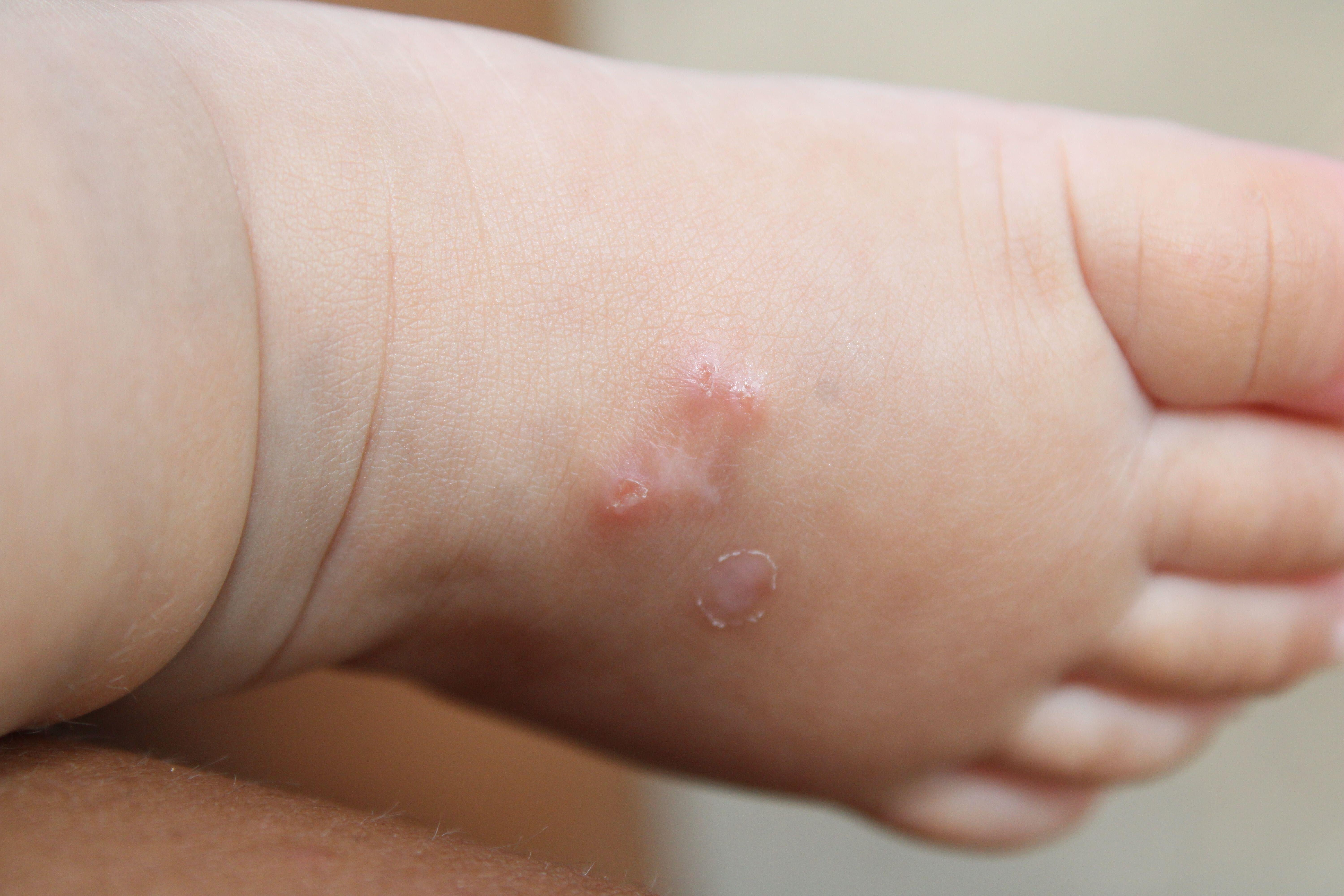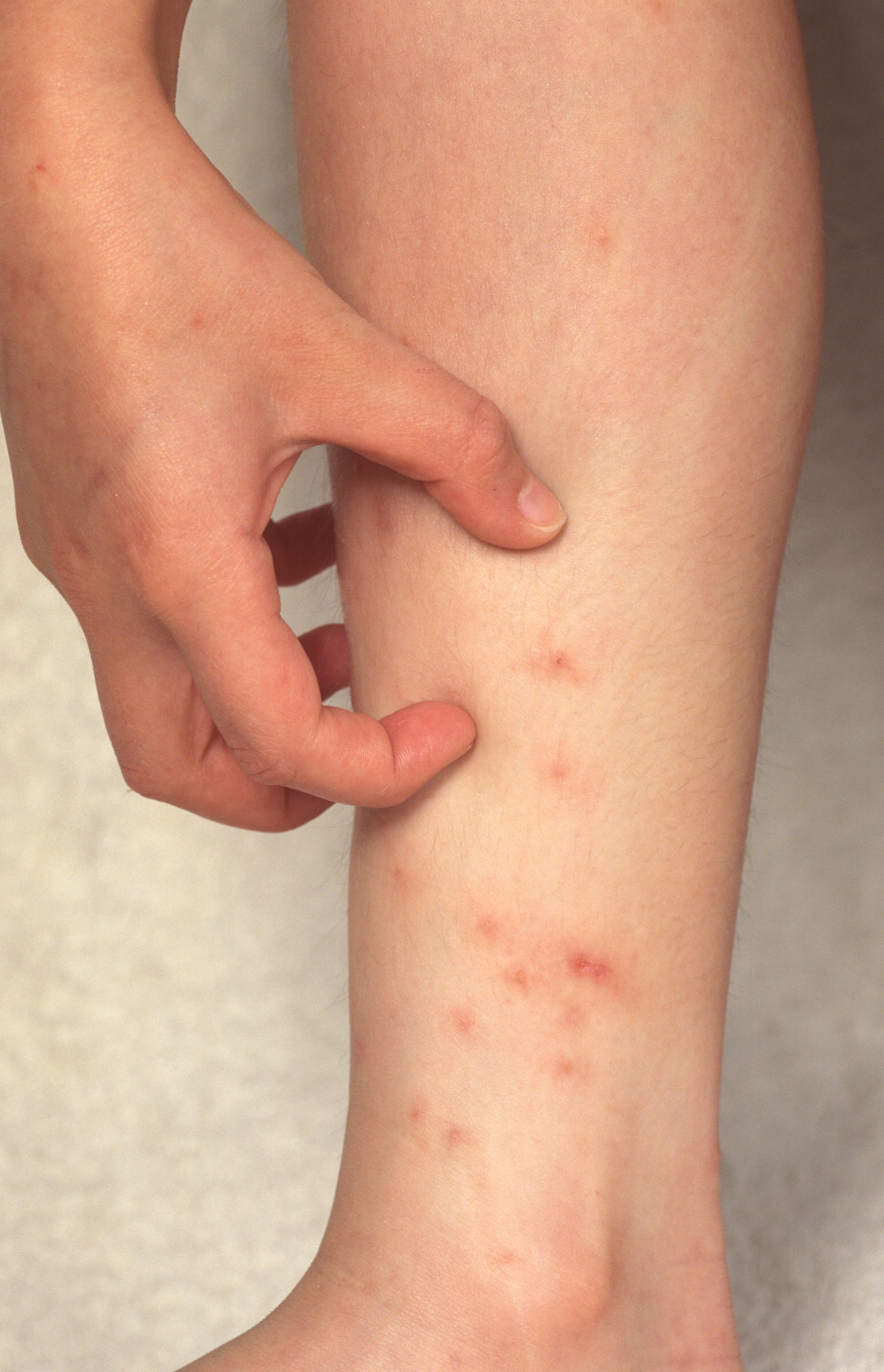Doctors warning as scabies on the rise across the UK
Anyone who suspects they have scabies to see their GP

Your support helps us to tell the story
From reproductive rights to climate change to Big Tech, The Independent is on the ground when the story is developing. Whether it's investigating the financials of Elon Musk's pro-Trump PAC or producing our latest documentary, 'The A Word', which shines a light on the American women fighting for reproductive rights, we know how important it is to parse out the facts from the messaging.
At such a critical moment in US history, we need reporters on the ground. Your donation allows us to keep sending journalists to speak to both sides of the story.
The Independent is trusted by Americans across the entire political spectrum. And unlike many other quality news outlets, we choose not to lock Americans out of our reporting and analysis with paywalls. We believe quality journalism should be available to everyone, paid for by those who can afford it.
Your support makes all the difference.Doctors have reported a surge in cases of scabies, the contagious skin condition, this winter.
The Association of Independent Multiple Pharmacies (AIMP) warned this week about medication shortages, amid growing demand for certain treatments – including for scabies. This follows concerns raised by doctors, who’ve seen a surge in cases of the contagious skin condition this winter.
So, what is scabies, how do you get it, and what else do you need to know?
What are the symptoms of scabies?
Dr Ross Perry, GP and medical director at Cosmedics Skin Clinics, describes scabies as “an incredibly uncomfortable itchy and bumpy rash”.
The tell-tale red, itchy bumps and spots can spread anywhere on the body, but often tend to affect areas such as the hands and between the fingers, and around the waist, groin and armpits, according to the NHS.
Dr Perry advises anyone who suspects they have scabies to see their GP in the first instance.
What causes scabies and how do you get it?
Unlike many other conditions associated with itchy rashes, scabies is contagious, spreads easily and is actually caused by mites.
As Perry explains, “the saliva, eggs and faeces of the parasite mite sarcoptes” are what cause the symptoms experienced with scabies. It’s mainly spread via direct and prologued skin-to-skin contact with somebody who is affected, although it can spread via bedding, clothing and towels too.
“Scabies rash can actually take up to eight weeks to appear on the body, during which time it can be spreading at an alarming rate, particularly on bedding, towels and clothes,” adds Perry.

How do you treat scabies?
Perry stresses it’s important to treat scabies immediately. This usually involves a cream or lotion that’s applied all over the body, and then repeated a week later. Seek advice before treating toddlers and babies under two, and if you are pregnant or breastfeeding.
It’s advised that all members of an affected household should be treated, even if some aren’t showing symptoms. The NHS also advises contacting anyone you’ve had sexual contact with within the last eight weeks so they can be treated too.
“Equally, wash clothes, bedding and towels immediately on a hot wash, and vacuum carpets and furniture,” adds Perry. “Personal hygiene is also of paramount importance, washing thoroughly, particularly frequent washing of the hands, and avoiding sexual contact if you suspect you might have scabies until treatment is completed.”
As cases rise, what exactly is this itchy rash and how can you avoid getting it?
Join our commenting forum
Join thought-provoking conversations, follow other Independent readers and see their replies
Comments